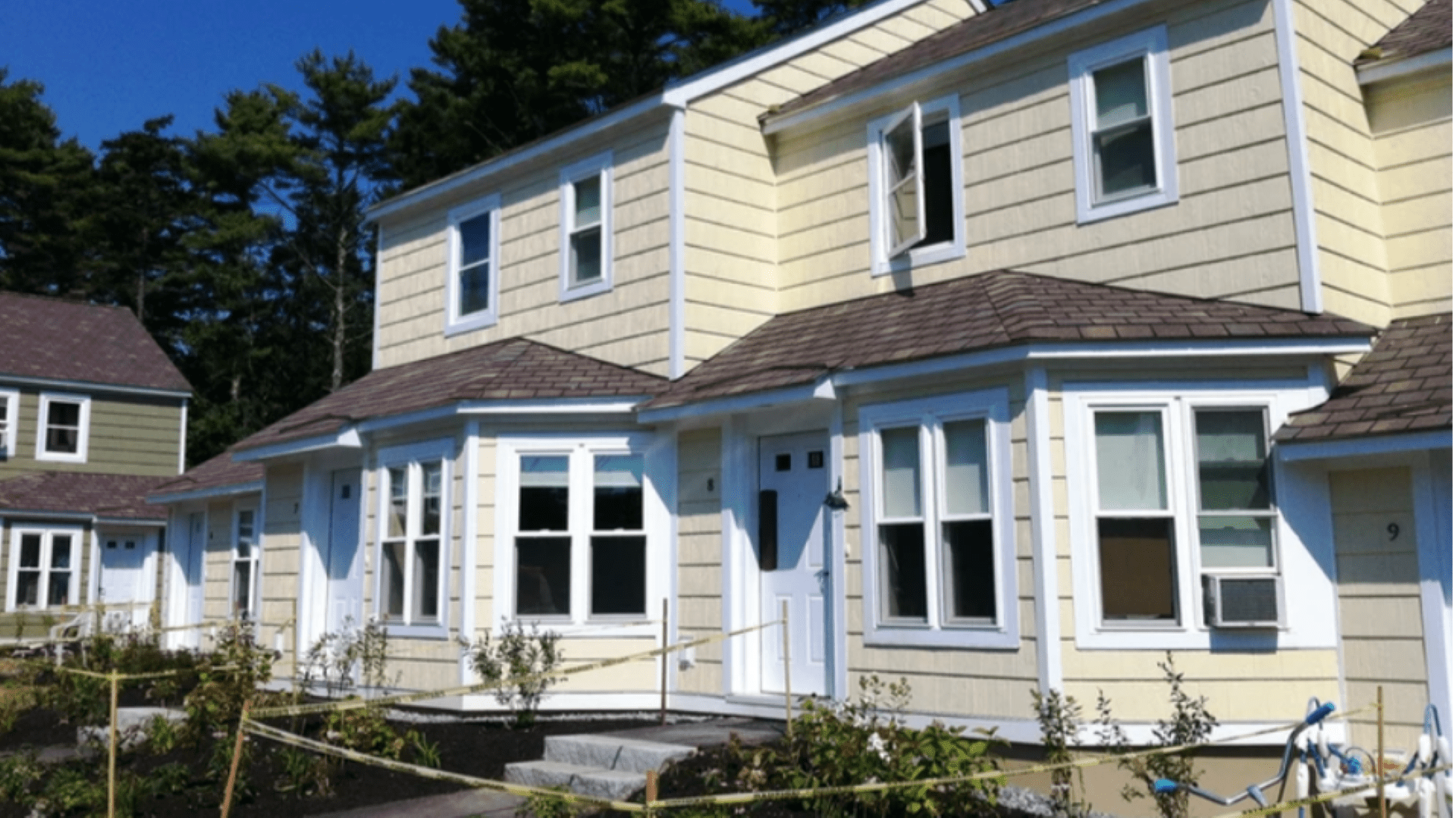Every region of Maine is dealing with a housing crunch, and as government funding that has supported sheltering unhoused people in motels during the pandemic expires in the next few months, the shortage of adequate affordable housing will escalate statewide.
Nowhere is the affordable housing shortage more acute than in the greater Portland area.For approximately 1,000 asylum seekers currently living in motels, emergency supplemental housing assistance provided by the Maine Housing Authority is due to expire June 30.Some of the motels are not willing to continue to offer accommodations to the unhoused at the lower General Assistance rate which will replace the current rate. And some cities, such as South Portland, are even making it illegal for motels to accept new unhoused clientele.
Meanwhile, existing shelters are already full. Three hundred asylum seekers are temporarily housed in a mass shelter at the Portland Expo, the new Homeless Services Center that was opened in April by the City of Portland has reached its capacity of 208 people, 77 people are living between the Salvation Army at night and the YWCA in the day, the Family Shelter is overflowing, people are sleeping on sofas in the homes of acquaintances or on waiting room floors, and some pastors have opened their homes.
But social service organization workers and others who work with the unhoused wonder, “Where will everyone go when the motels shut their doors?” And those living in the motels are scared. Will they end up on the street?
In a recent conversation, Barbara Soloway, Property Manager at Westbrook Housing Authority, said that with 412 applicants on their waiting list for only 49 total apartments, the Housing Authority decided to cap the waiting list at the current number to avoid giving people false hope.
“Often, we hear from those who work in the affordable housing field that for every open bed, there are at least 38 applications, reflecting an unprecedented squeeze in available housing. The solution to the shortage is not going to be easy to find.”
In any crisis, a variety of attitudes are on display. Some people choose to be passive, assuming the crisis is the responsibility of others to solve, while others engage proactively and lend their talents and skills to finding a solution.
This month I met with the generous and forward-thinking Rev. Bryan S. Breault at the State Street Church in Portland. He told me that one evening after meeting some asylum seekers who had visited his church during a clothing donation drive, he and his congregation recognized the great need for housing in Portland, especially in winter, and they partnered with the Maine Housing Authority and the City of Portland to modify some of the unused space in the church to accommodate three families of about 12 people total.
My hope is that the State Street Church’s act of compassion, creativity, and generosity will inspire others to also do what they can to help those in need.
Developers are hard at work building more affordable housing units, but most won’t be ready for some time. Meanwhile, towns and cities looking for people to fill their workforce should consider whether they have unused space that could be converted into temporary shelters.
The state is offering funds to help cities do this. Why not help others during this humanitarian crisis, and at the same time welcome people who want to become proud contributors to your economy and culture and help them thrive? This is the moment to support others in their time of desperation.
This column first appeared in Amjambo Africa, a print and digital publication that serves new immigrants to Maine. It is republished with permission.







